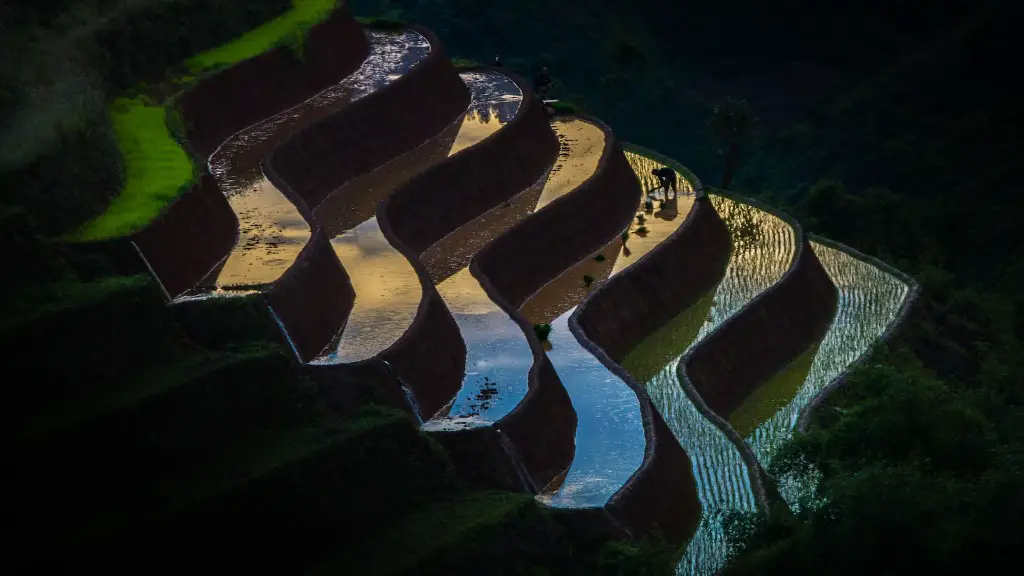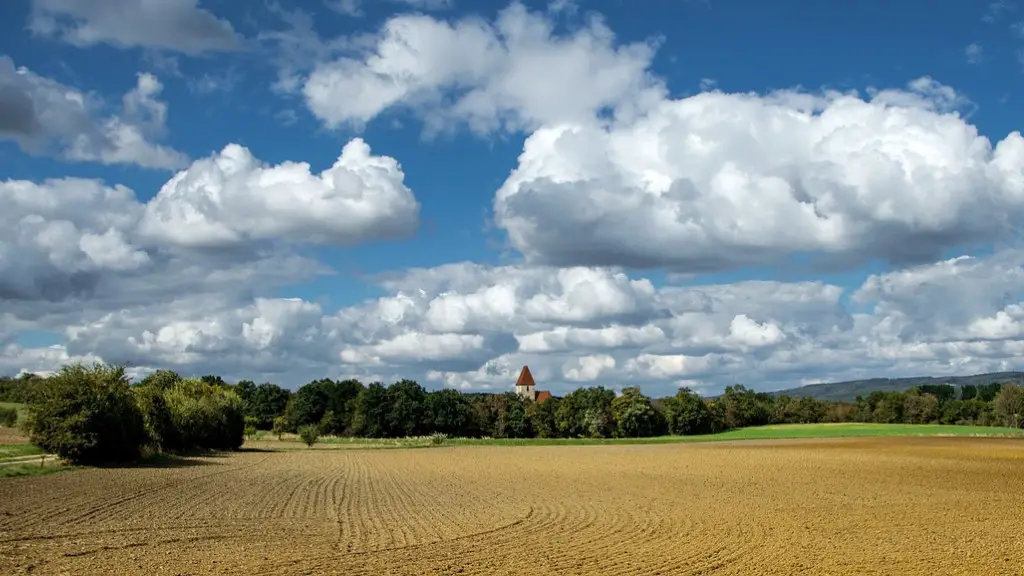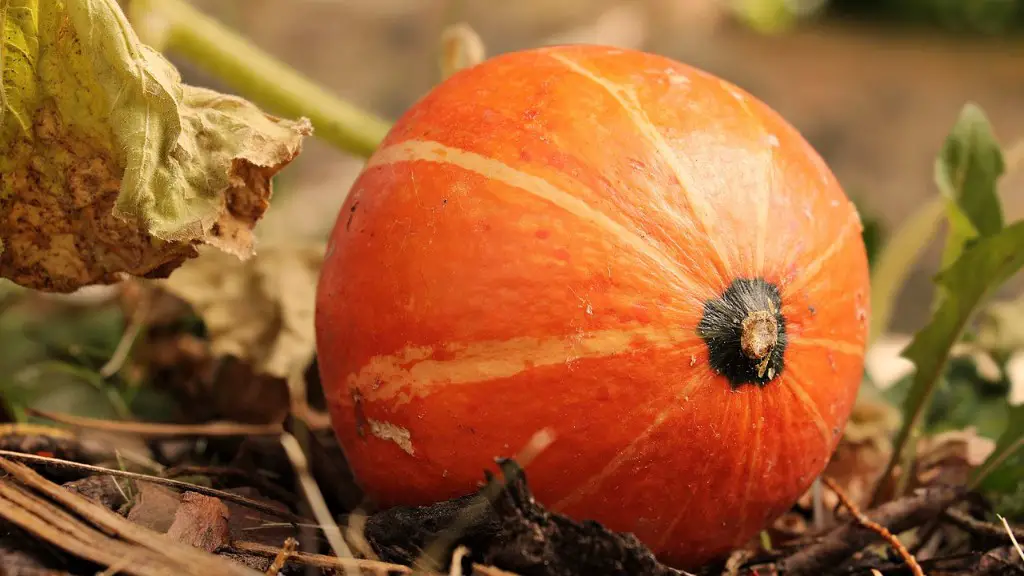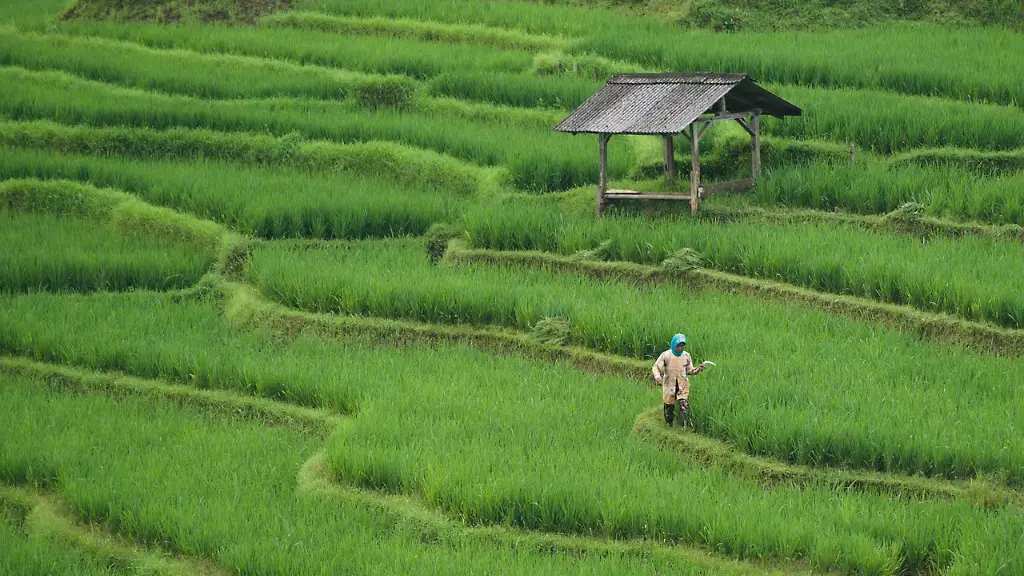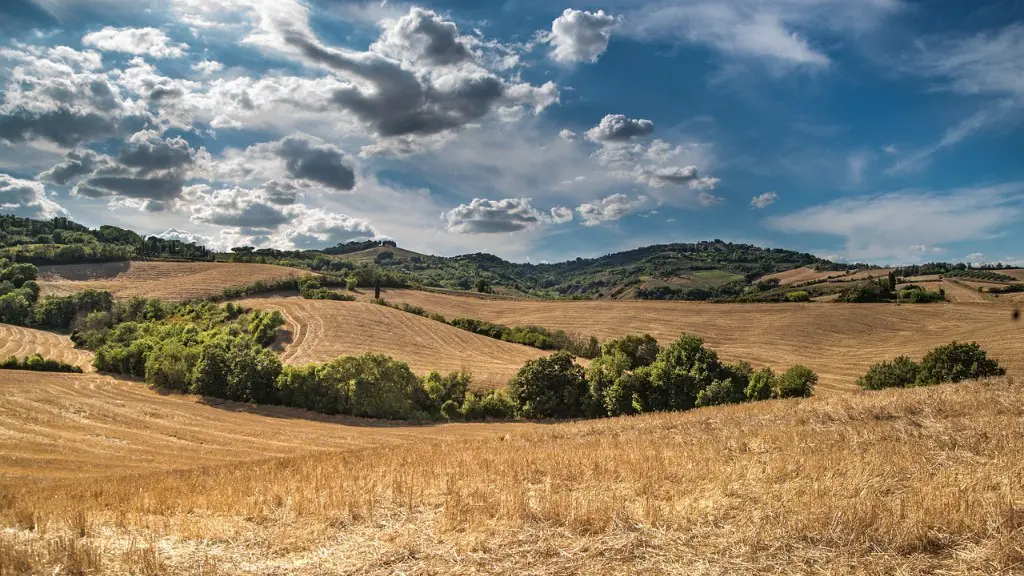If agriculture did not exist, humanity would not exist. Agriculture is the process of growing plants and crops for human consumption. Without agriculture, there would be no food for humans to eat.
Farming is a vital part of human society and without it, we would not be able to survive. Agriculture provides us with food, clothing, shelter, and many other things that we need to live. If farming did not exist, we would have to find other ways to get these things, and it would be very difficult to do so.
How would life be without agriculture?
Agriculture is vital to our survival. Without it, we would be naked, lacking the nutrients we need for survival, unprotected, and hungry. We wouldn’t have the clothes on our back, the towels in our bathroom or the sheets on our bed. We wouldn’t be able to enjoy our daily meals or have the protection of a sturdy, well-furnished home. Agriculture provides us with the food we need to survive and the materials we need to live comfortably. We are grateful for the farmers who work hard to grow the food and fiber we need to live.
Agriculture is the backbone of many societies and has a profound impact on communities and economies. It provides food and jobs, supports livelihoods, and drives trade. Agriculture also plays a critical role in preserving habitat and biodiversity.
Can you imagine a world without agriculture
No, it is impossible to imagine a world without agriculture. Agriculture satisfies the basic need for food for millions of people and live stocks. It provides raw materials for agro-based industries. Export of agricultural produces help in the development of Country’s economy.
The invention of agriculture was a major turning point in human history. It allowed people to grow all the food they needed in one place, with a much smaller group of people. This led to massive population growth, creating cities and trade. Agriculture has had a profound impact on the way we live today.
How did agriculture impact us?
Agriculture’s share of the overall US economy has been steadily declining over the past few decades. In 2021, it is estimated to account for just over 12% of the US gross domestic product. This is down from over 20% in the early 1980s. The decline is due to a number of factors, including the automation of agriculture, the consolidation of farms, and the move towards a service-based economy.
Agriculture is a critical sector of the economy, and improving rural employment opportunities is key to boosting economic growth. Agriculture covers a wide range of activities, from farming and food production to machinery manufacturing, food processing, distribution, transportation, and more. By creating more jobs in the agricultural sector, we can help improve the lives of rural residents and spur economic growth.
Did agriculture make life better?
When early humans began farming, they were able to produce enough food that they no longer had to migrate to their food source. This meant they could build permanent structures, and develop villages, towns, and eventually even cities. Closely connected to the rise of settled societies was an increase in population.
The agriculture industry is incredibly important to the world. Not only does it provide most of the food that we eat, but it also provides many of the fabrics that we wear. Agriculture impacts so many aspects of our lives, it’s hard to imagine a world without it. If you don’t think agriculture impacts your life, think again.
How does agriculture affect the world
The massive expansion of agriculture around the world has had devastating effects on biodiversity. Natural habitats have been converted to farms and pastures, and soils have been degraded by pesticides and fertilizers. This has led to a significant loss in biodiversity, and has had a negative impact on the environment.
Agriculture plays a vital role in human survival by providing food, shelter, and clothing. crops for food, silk for cloth, and wood for shelter are all derived from agriculture. Agriculture is essential for human survival and wellbeing.
What are five importance of agriculture?
It is estimated that the agricultural sector provides Raw Materials for over 50,000 different products in the world. The textile industry alone uses over 200 different agricultural Raw Materials, from alpacas to zephyrs. Agriculture is therefore a vital part of the global economy and will continue to be so for the foreseeable future.
Agriculture contributed $1647 billion to US GDP in 2021, which is about 07 percent of the total US GDP. Food and related industries contributed an additional $1264 trillion, making up 54 percent of US GDP. These sectors are vital to the US economy and provide millions of jobs across the country.
How does agriculture reduce poverty
Increased productivity in agriculture would have a number of positive impacts on poverty levels. Firstly, it would lead to lower prices for food, which would benefit those households that spend a large proportion of their income on food. This would also have a knock-on effect on other areas of expenditure, as households would have more money available to spend on other essentials or non-essentials. Secondly, increased productivity in agriculture would create more jobs in the sector, which would provide opportunities for people to escape poverty. In addition, the increased incomes generated by the sector would lead to increased spending in the local economy, which would further boost economic activity and create more jobs. Hence, increased productivity in agriculture is likely to have a positive impact on poverty levels.
The pros of agriculture are that it allowed for the domestication of plants and animals, which led to a more reliable food supply. It also allowed for the development of civilizations, as specialization allowed for the development of different roles within society. The cons of agriculture are that it can lead to conflicts over access to the food supply, and weather conditions can damage crops.
How agriculture change the life?
The most important change that agriculture brought about was that man could now grow his own food. Prior to this, man was a nomad and had to wander from place to place to find food. Now, man could settle down in one place and cultivate the land to grow crops and raise animals. This led to a sedentary lifestyle and the development of civilizations.
It is true that the constraints in agriculture make the productivity and return complex but there is still a high untapped potential in India’s agriculture sector. Efforts are being made to convert all the challenges in agriculture into opportunities and this process is the future of agriculture. With the right policies in place, the agricultural sector in India has the potential to grow exponentially and provide enormous benefits to the economy and the people of India.
Final Words
The world would be a very different place without agriculture. For starters, there would be no domesticated animals, as they were all originally domesticated for agricultural purposes. This means that there would be no pets, and no animals used for food or transportation. There would also be no crops, so the human diet would be very different. And since agriculture is the basis for civilization, there would be no cities or states, and the world would be a much more primitive place. In short, without agriculture, the world would be a very different – and probably much less hospitable – place for human beings.
If agriculture did not exist, people would have to find other ways to obtain food. Most likely, people would live in small hunter-gatherer societies and eat whatever they could find or catch. Alternatively, people might be able to cultivate food in a manner similar to how we grow plants in gardens, but this would be much more difficult and time-consuming. Either way, life would be incredibly different without agriculture.
